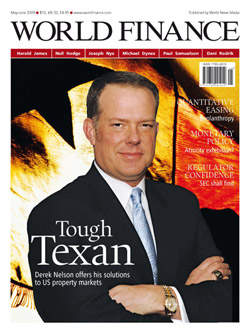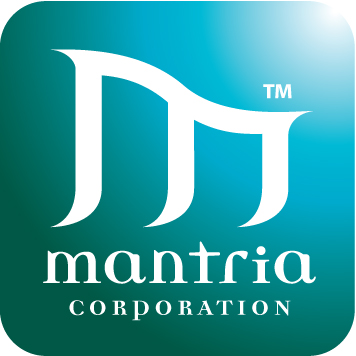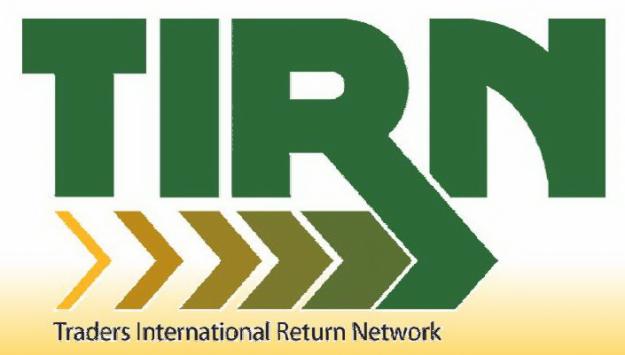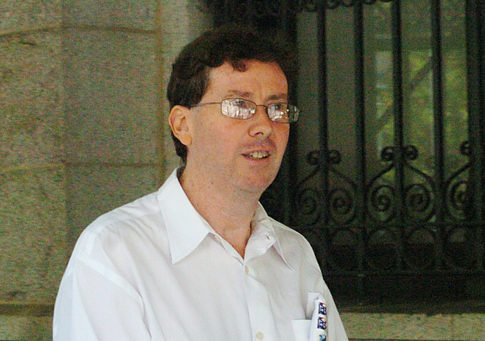December 7, 2009 – Striker Petroleum, LLC, a Dallas based oil and gas company controlled by Mark S. Roberts, 58, and Christopher E. Pippin, 35, was a massive Ponzi scheme, according to the complaint filed by the SEC last week. According to the SEC complaint, Striker
 raised approximately $57 million from about 540 investors throughout the U.S. by offering debentures backed by false disclosures about Striker’s financial health. Striker further maintained that collateral backing the debentures was held by an independent third party trustee, which was also false.
raised approximately $57 million from about 540 investors throughout the U.S. by offering debentures backed by false disclosures about Striker’s financial health. Striker further maintained that collateral backing the debentures was held by an independent third party trustee, which was also false.
Between September 2006 and September 2009, Striker offered debentures to investors in an effort to raise additional capital. Debentures function as an unsecured bond backed by the reliability of the borrower. Each series of debentures issued by Striker was accompanied by a Private Placement Memorandum (“PPM”), which contained vital financial statistics about Striker and further claimed that the money would be used to acquire, develop and maintain existing oil and gas properties, to purchase additional collateral, and for general working capital.
According to the SEC, Striker did not use the funds as advertised, but for other puposes, including paying out fixed returns to prior investors who had acquired working interests, known as “Legacy Offerings”. Striker also sent funds to a related operating company, Reichman Petroleum, which shortly after filed for bankruptcy.
 Boston Accident and Injury Lawyer
Boston Accident and Injury Lawyer






![images[6].jpg](https://www.bostonaccidentinjurylawyer.com/files/2014/03/images6.jpg)


